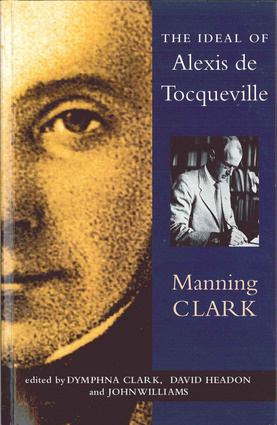
He was by birth suspi-cious of a society freed from the guidance of ancient traditionswhich safeguarded the liberty of the individual by providingbarriers between the individual and the despotic state. It was also an age ofincreasing democracy, which he feared. Tocqueville was an aristocrat living in an ageof aristocratic decline, which he deplored. Tocqueville’s Memoir on Pauperism was written between his twolarge books, and followed a visit to England which provided himwith evidence for the paper to the Royal Academic Society ofCherbourg in 1835. 10-12), all that Tocqueville produced was anincomplete manuscript which stopped short of any substantialsuggestions for reform. Tocqueville at the endof the article promises a second on remedies, but, as Himmelfarbinforms us (pp. It argued that the effect of publiccharity was to foster an anti-work mentality and to produce ademoralised and dependent working class.

It waswritten after a visit to England, and, like Democracy in America,derives much of the evidence used from personal experience.Also in keeping with Tocqueville’s world view, it paints a dis-tinctly pessimistic picture of contemporary society and its ills.The article advanced a widely-held and long-standing theory, stilldebated by today’s historians, about the effects of the Poor Lawson the English economy. The‘Memoir on Pauperism’, here published with an introduction byGertrude Himmelfarb, is an interesting example, both of hismethod of inquiry and of his social theory, and it centres on avery modern theme, public welfare and dependency.

Tocqueville’s reputation depends on two great books, Democracyin America and The Old Régime and the French Revolution.


 0 kommentar(er)
0 kommentar(er)
